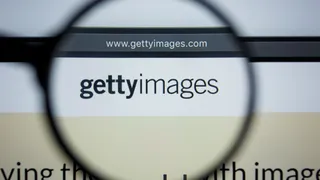
Google accused of 'stealing everything ever created and shared on the internet' to create Bard
Eight individuals have accused Google of stealing emails, creative works, and photographs to build its commercial AI products | Bard complicit in ‘data theft from millions’ | Public discourse efforts over data scraping derided by complaint.
Already registered?
Login to your account
If you don't have a login or your access has expired, you will need to purchase a subscription to gain access to this article, including all our online content.
For more information on individual annual subscriptions for full paid access and corporate subscription options please contact us.
To request a FREE 2-week trial subscription, please signup.
NOTE - this can take up to 48hrs to be approved.
For multi-user price options, or to check if your company has an existing subscription that we can add you to for FREE, please email Adrian Tapping at atapping@newtonmedia.co.uk

